Patrick Vallance, the UK's former chief scientific advisor, has urged the incoming British government to start preparing since the next pandemic is 'absolutely inevitable'.
The ongoing global spread of “bird flu” infections to mammals including humans is a significant public health concern, senior UN medics said on Thursday, as they announced new ...
Washington: The United States is not prepared for the next pandemic because parts of the public health systems are still reliant on "old fax machines," said outgoing director of ...
New York: Although COVID-19 may no longer be a global public health emergency, countries must still strengthen response to the disease and prepare for future pandemics and other threats, ...
New York: The World Health Organization (WHO) on Wednesday launched a new initiative to help strengthen countries’ ability to plan for, and deal with, another deadly pandemic like C ...
New York: The head of the UN World Health Organization on Thursday spoke out forcefully against “misinformation on social media and in the mainstream media” which has falsely ...
New York: Governments agreed on a way forward to update disease outbreak regulations ahead of meetings to draft new global guidelines for tackling pandemics, the World Health Organization ...
New York: The World Health Organization (WHO) is working to compile an updated list of priority pathogens that can cause future outbreaks or pandemics, the UN agency announced on Monday. ...
New York: Governments and pharmaceutical companies need to work together in a better way, to deliver vaccines “to every person, everywhere” – not simply in the wealthies ...
- Omicron strain spread might lead to end of Covid-19 pandemic, believes expert
- World ‘dangerously unprepared’ for future pandemics unless leaders tackle inequalities, UNAIDS warns
- Pandemic impact ‘tip of the iceberg’ after years of neglecting child mental health
- ‘We can end the pandemic’, UN chief says in new call for global vaccine plan
- WHO warns of ‘two-track pandemic’ as cases decline but vaccine inequity persists


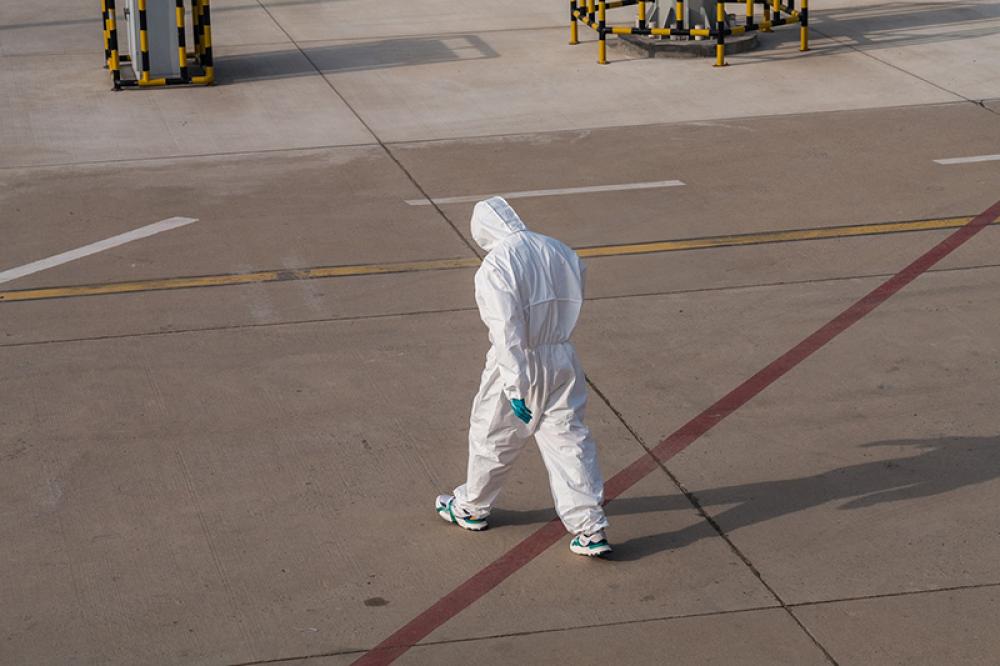
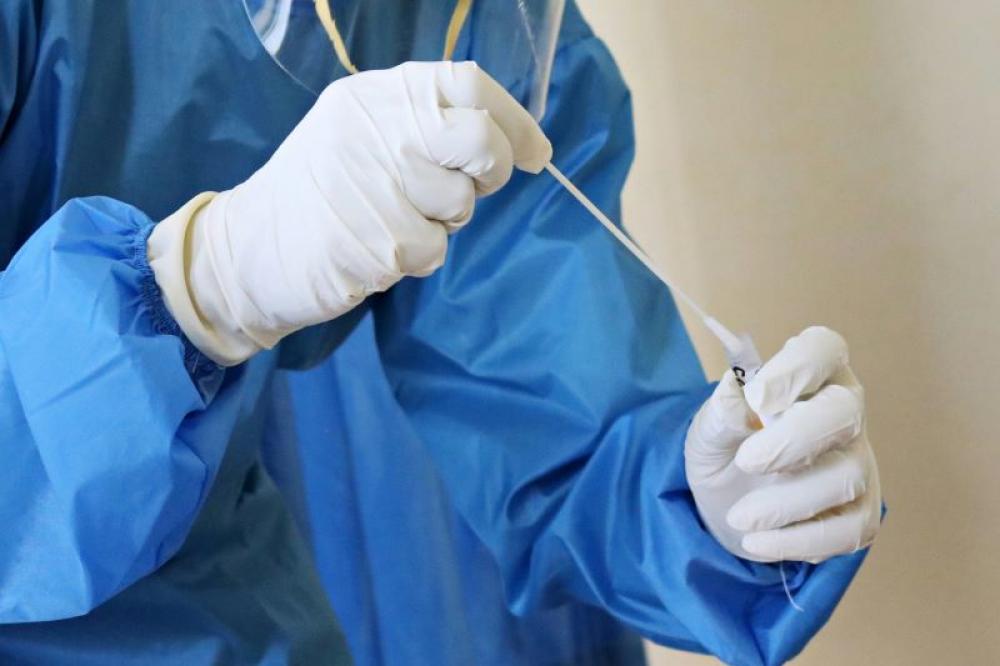
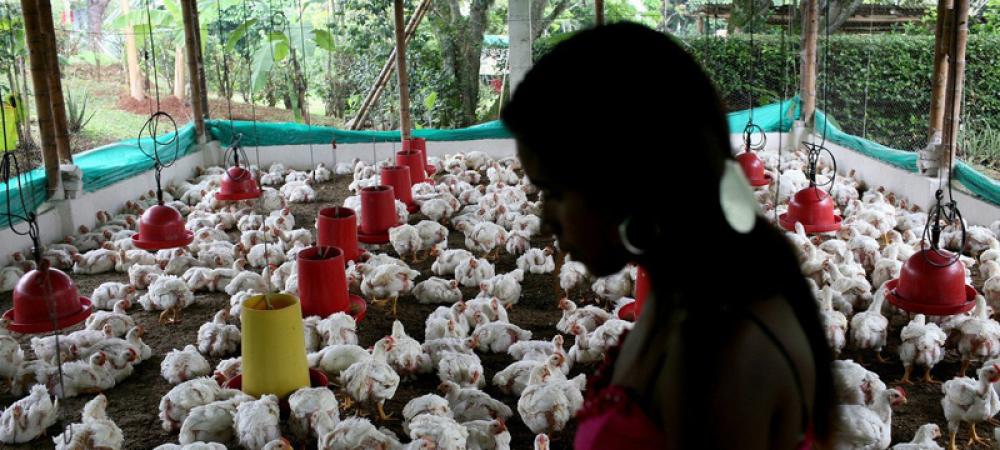
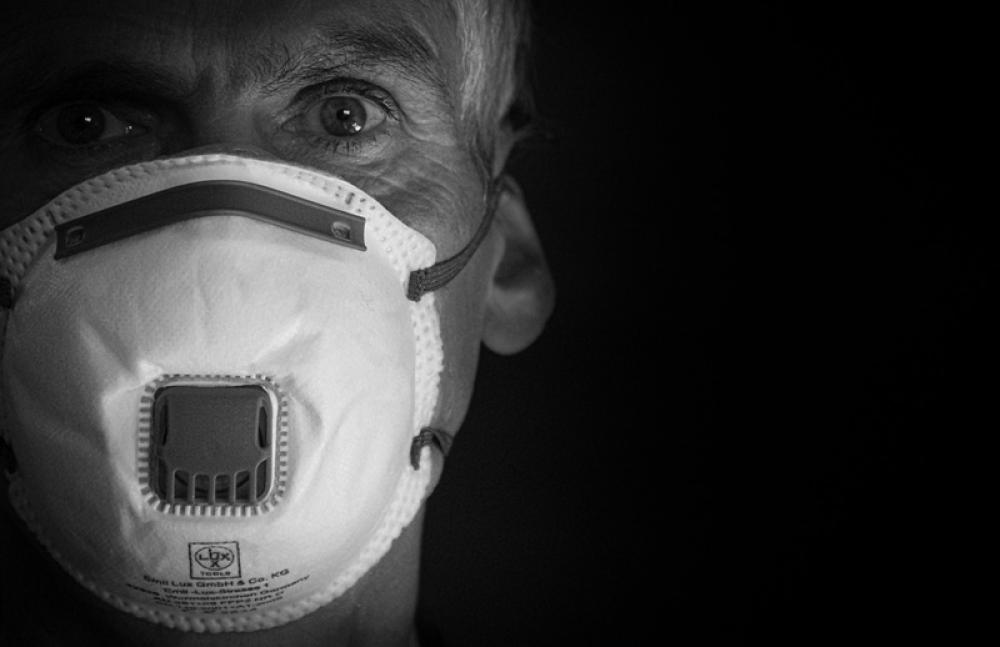
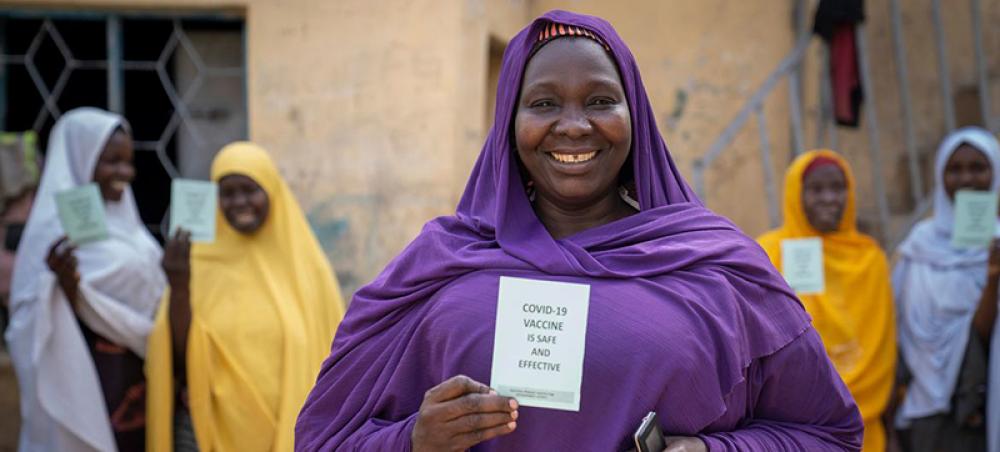
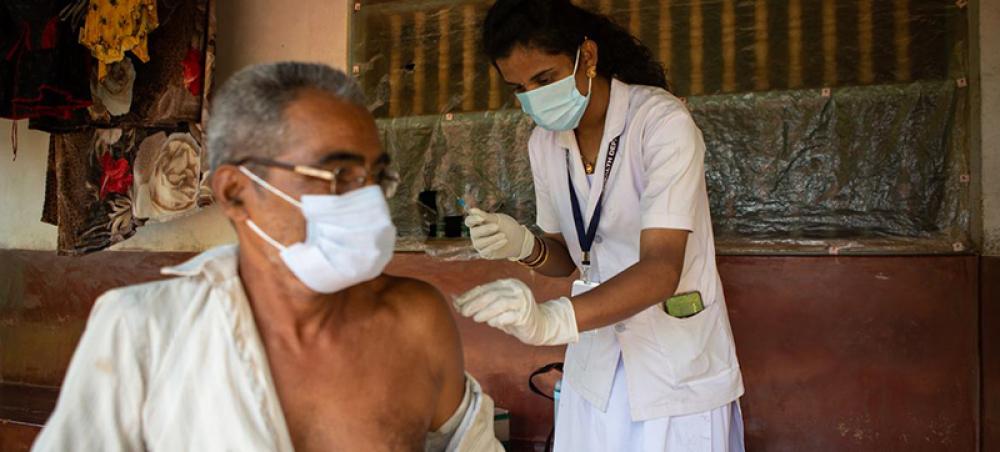
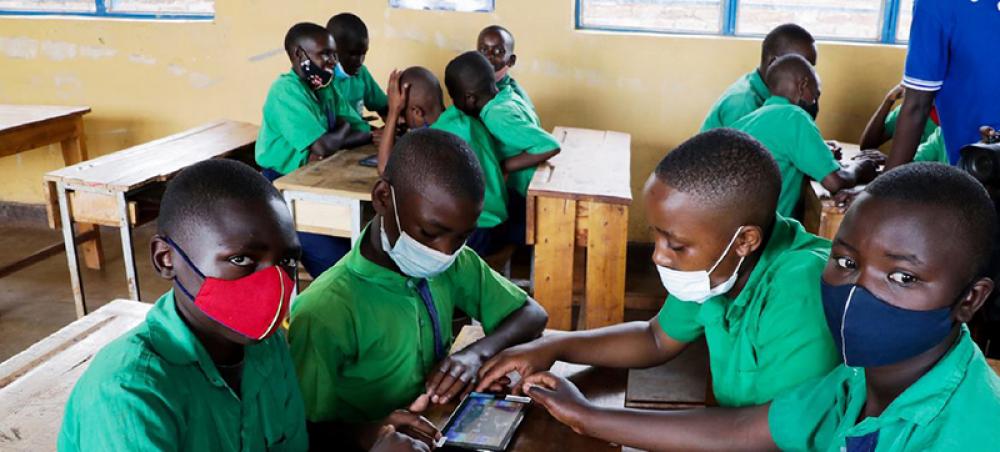

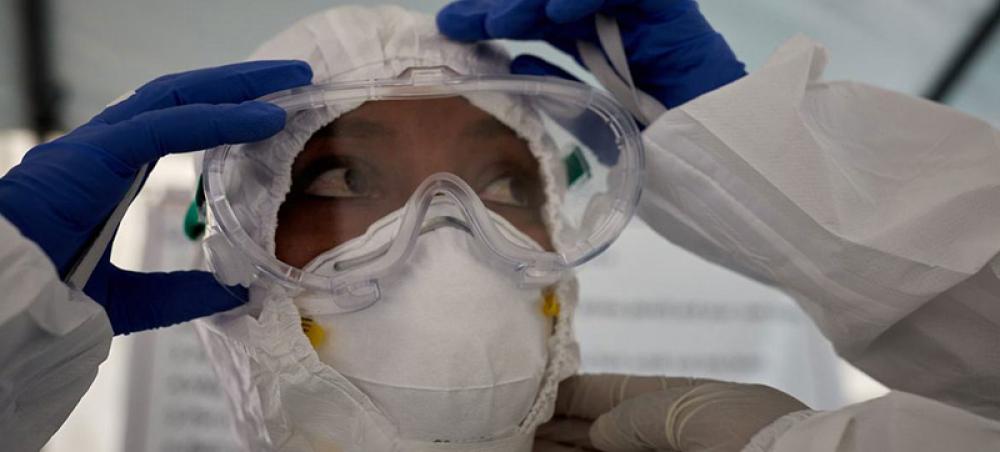
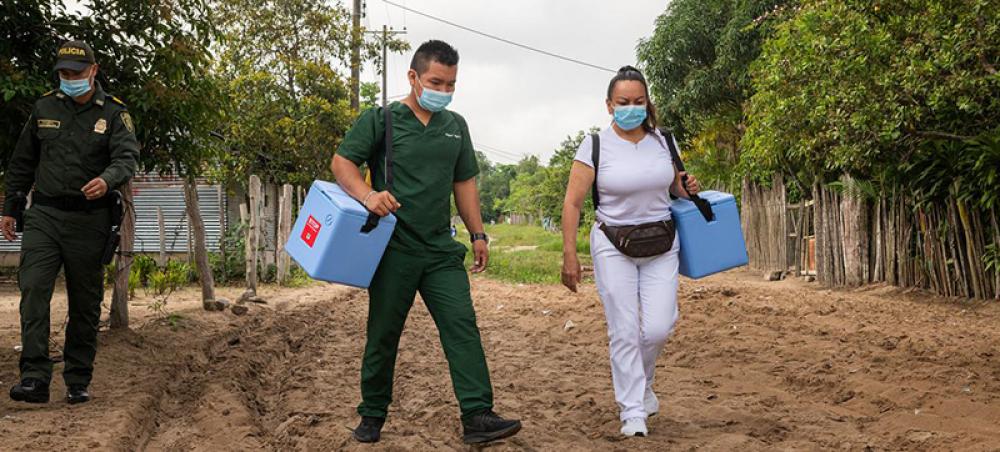



-1763561110.jpg)
